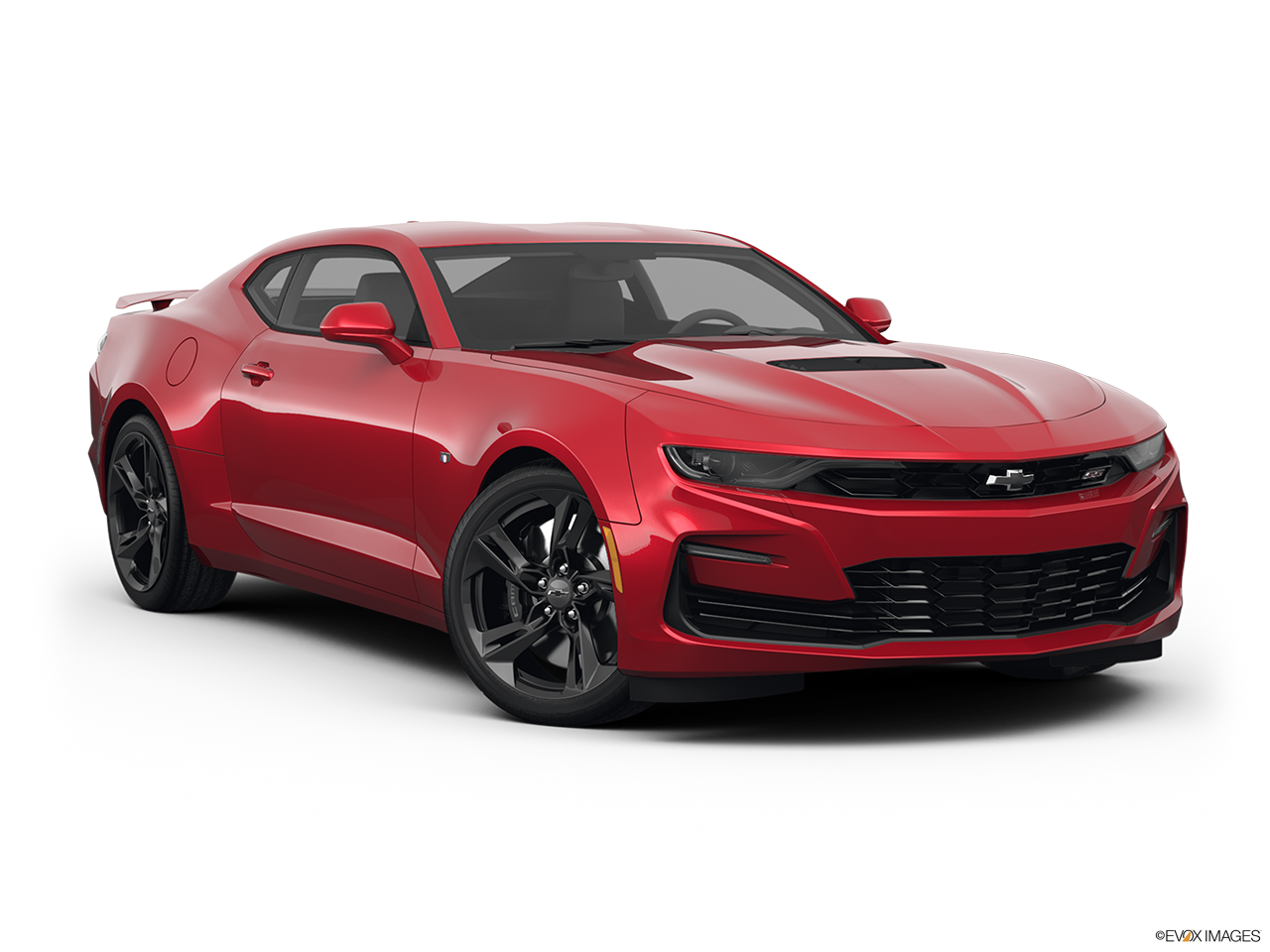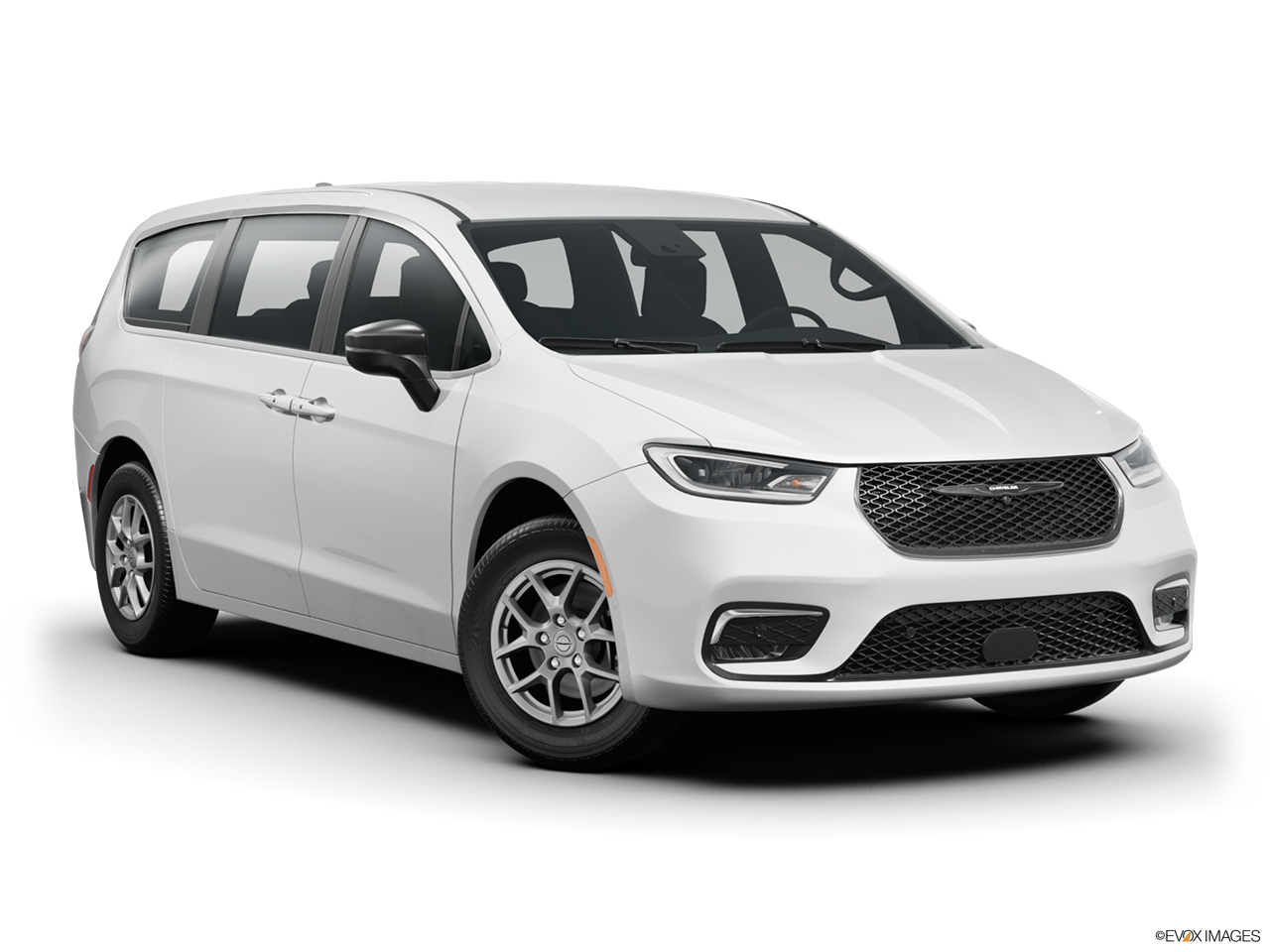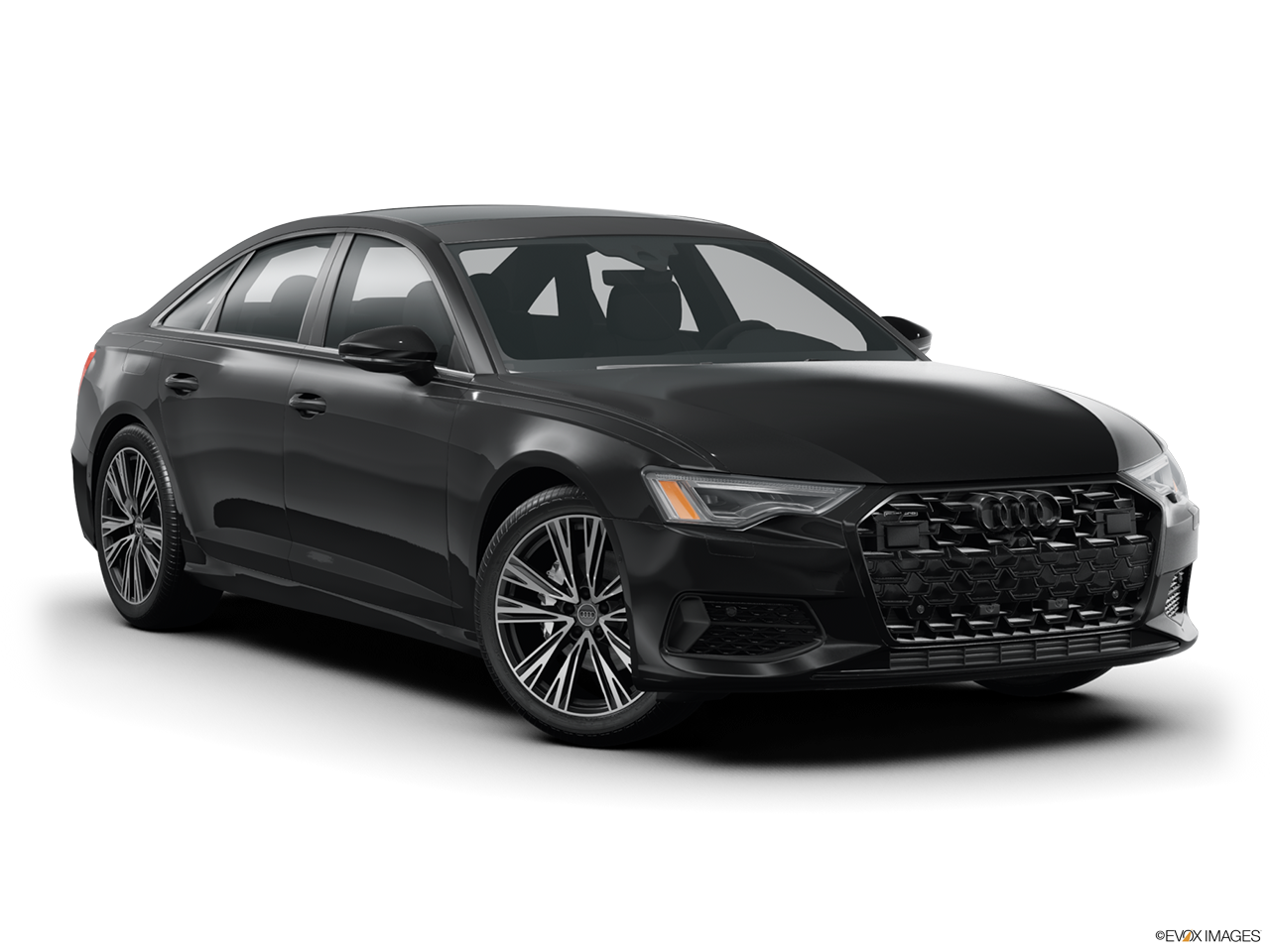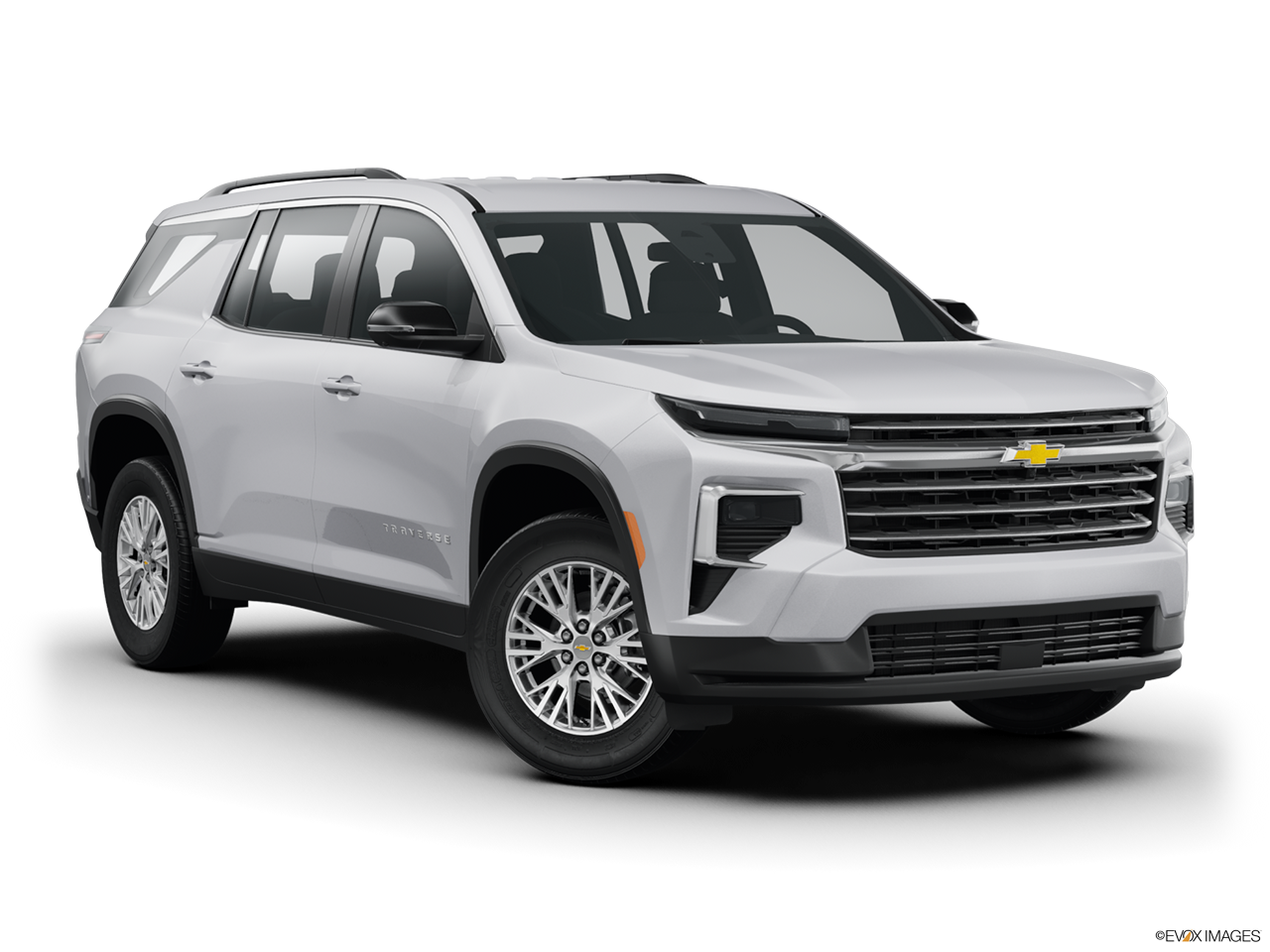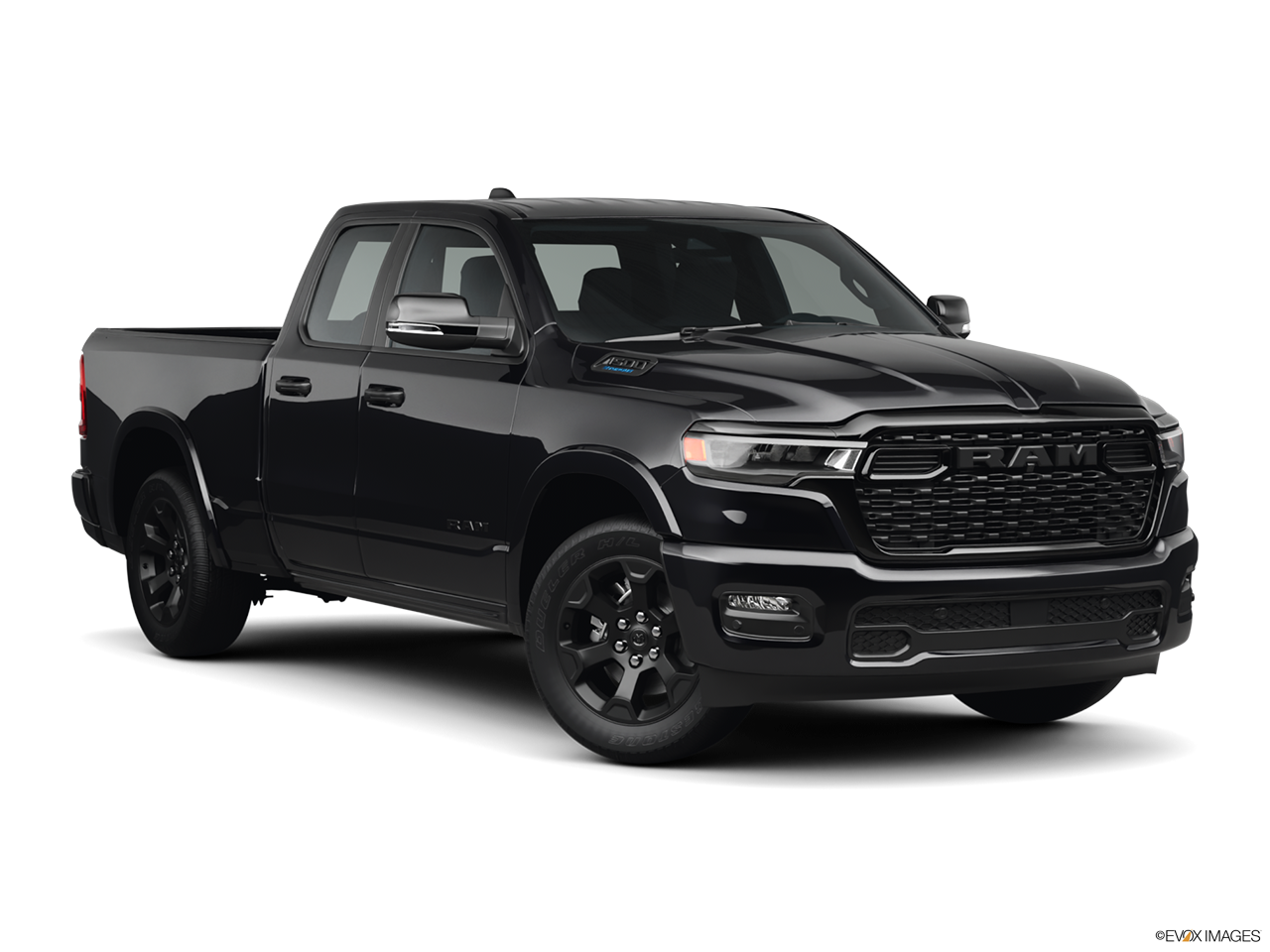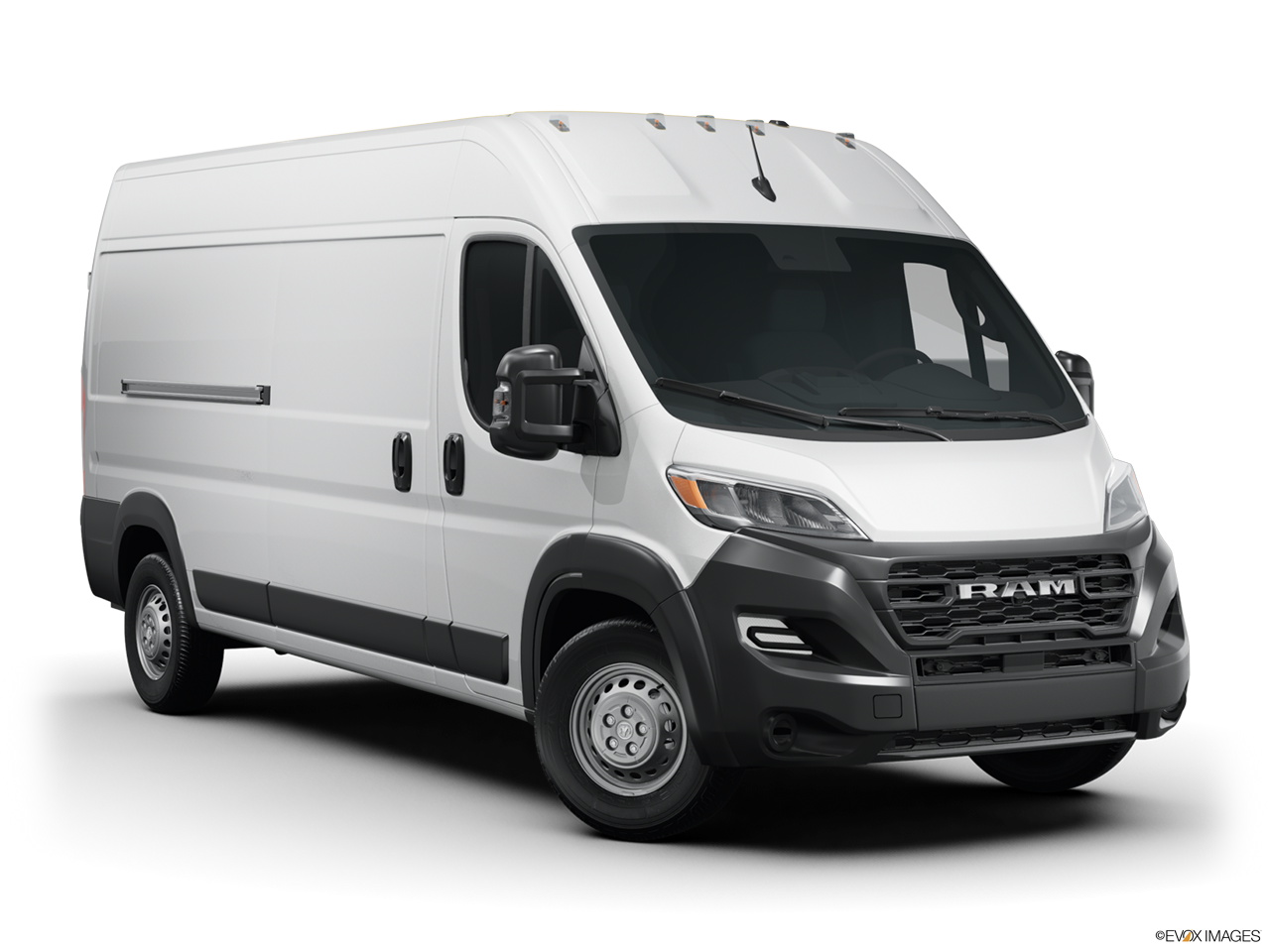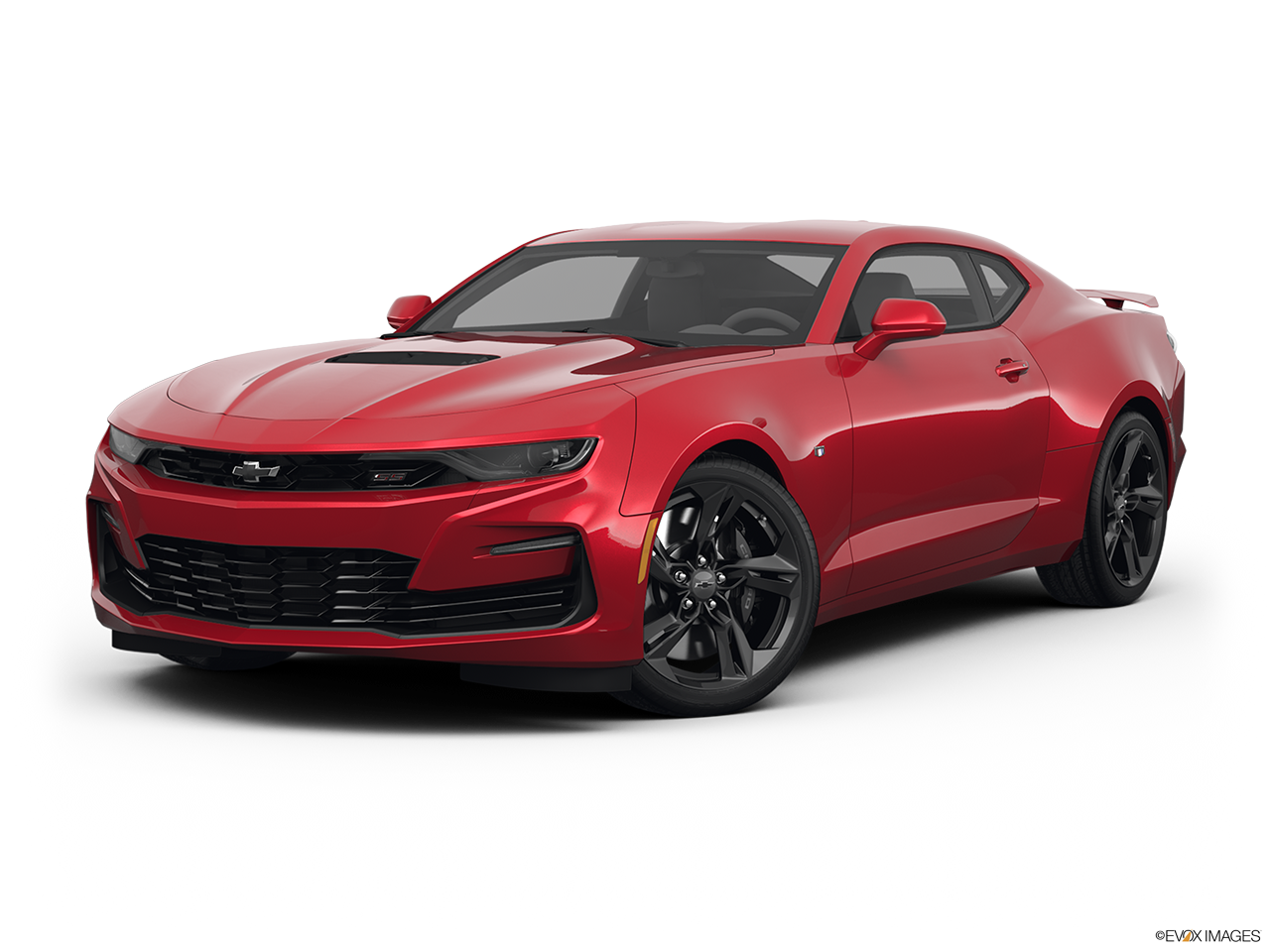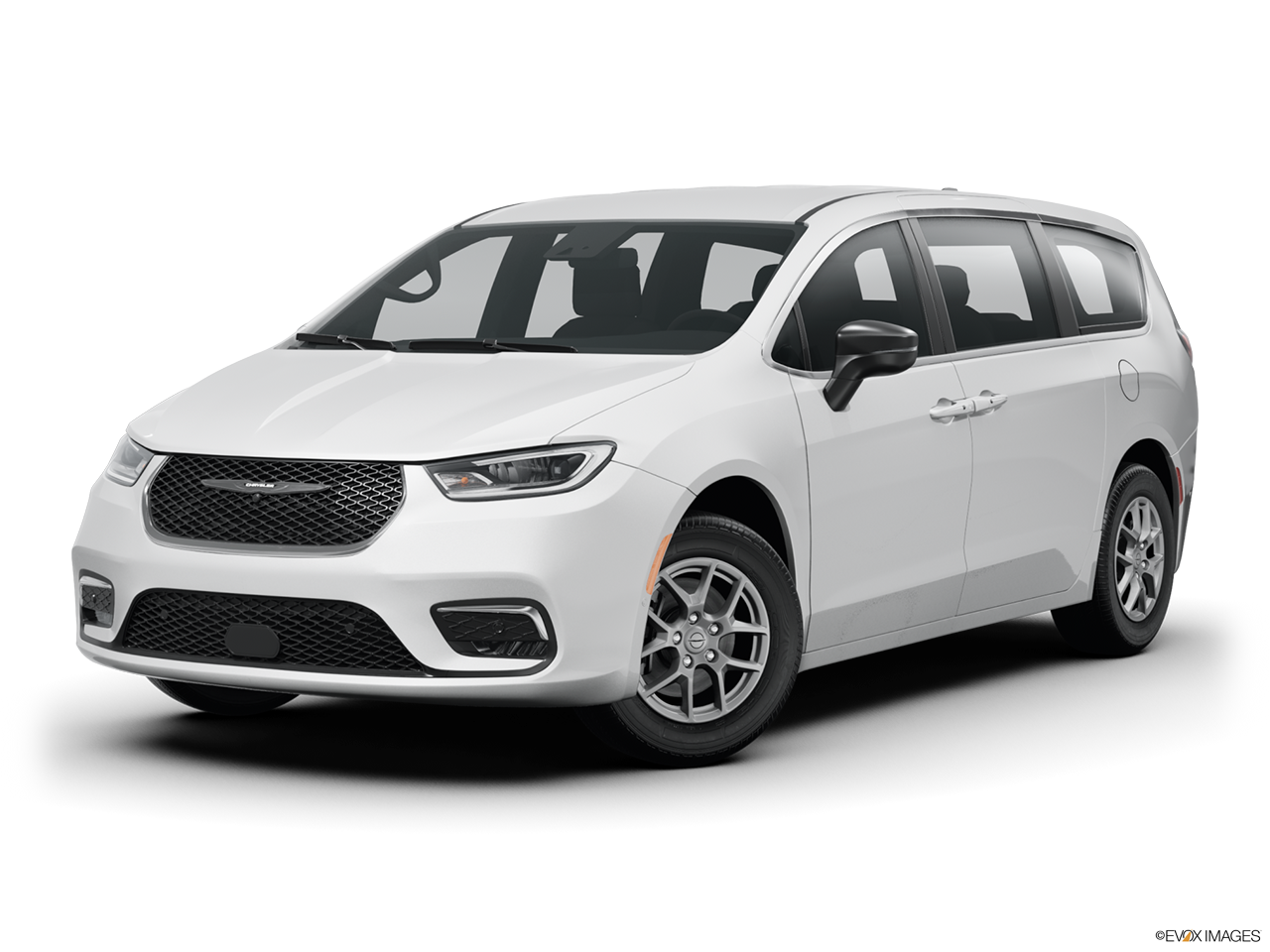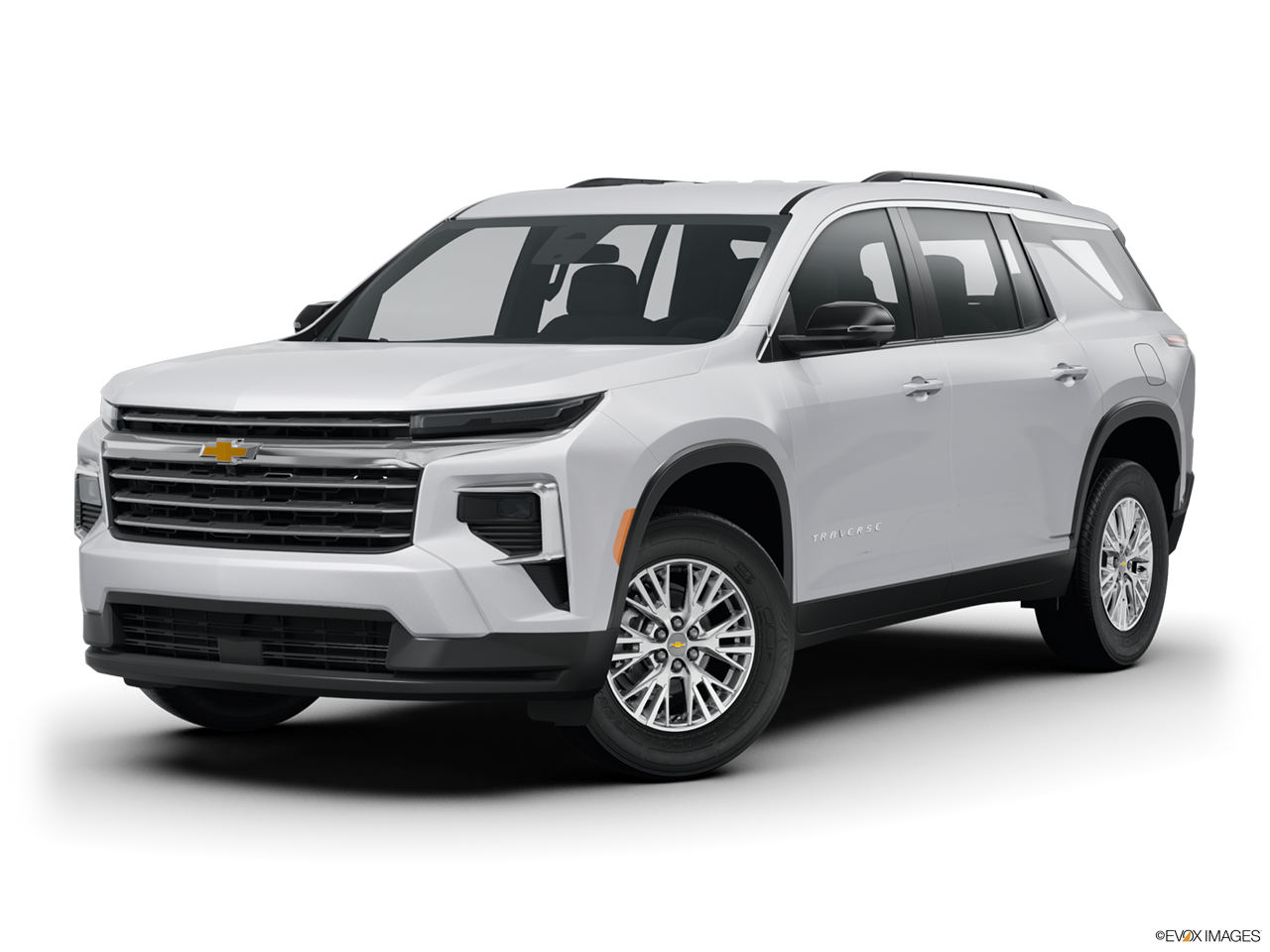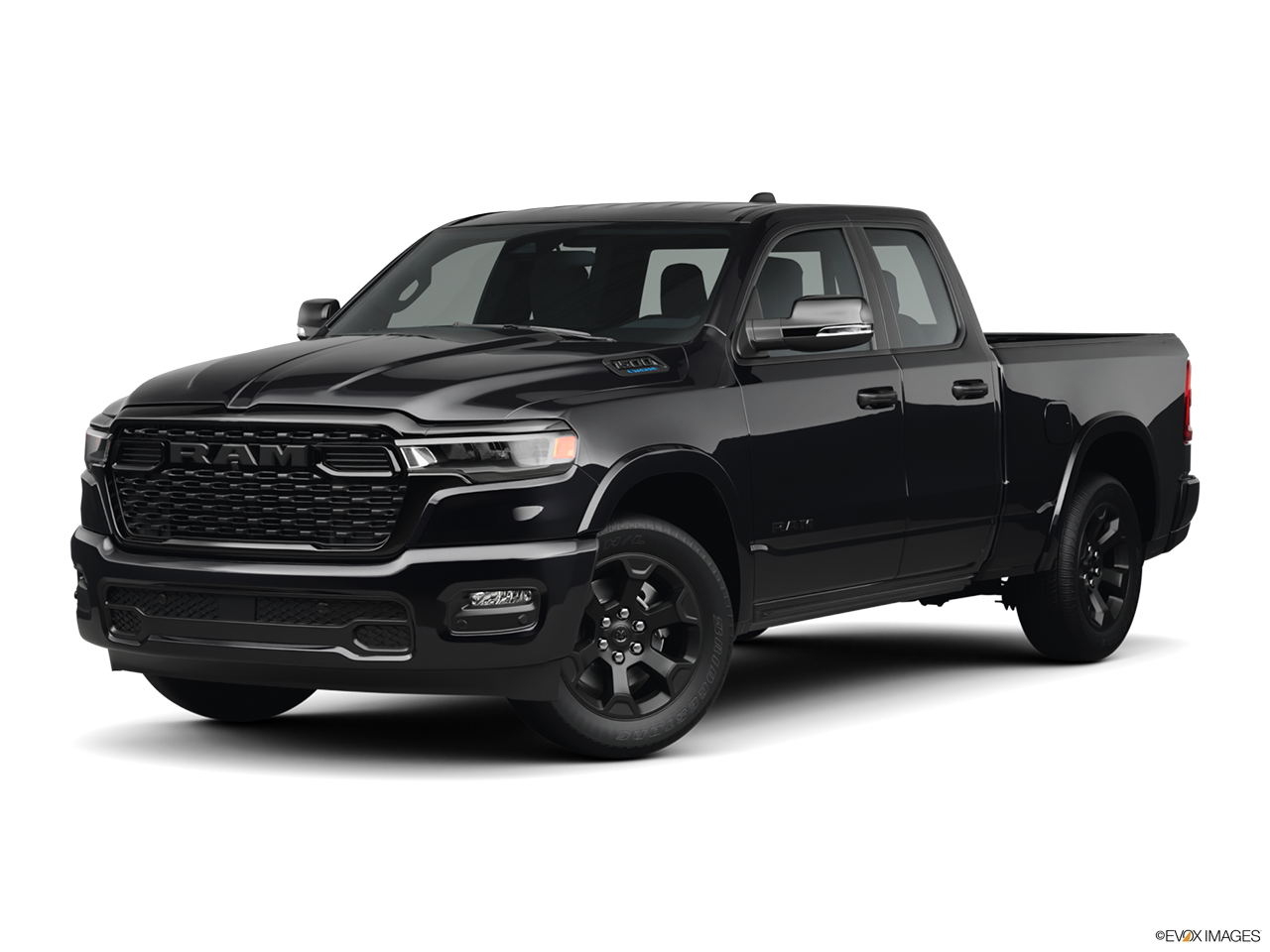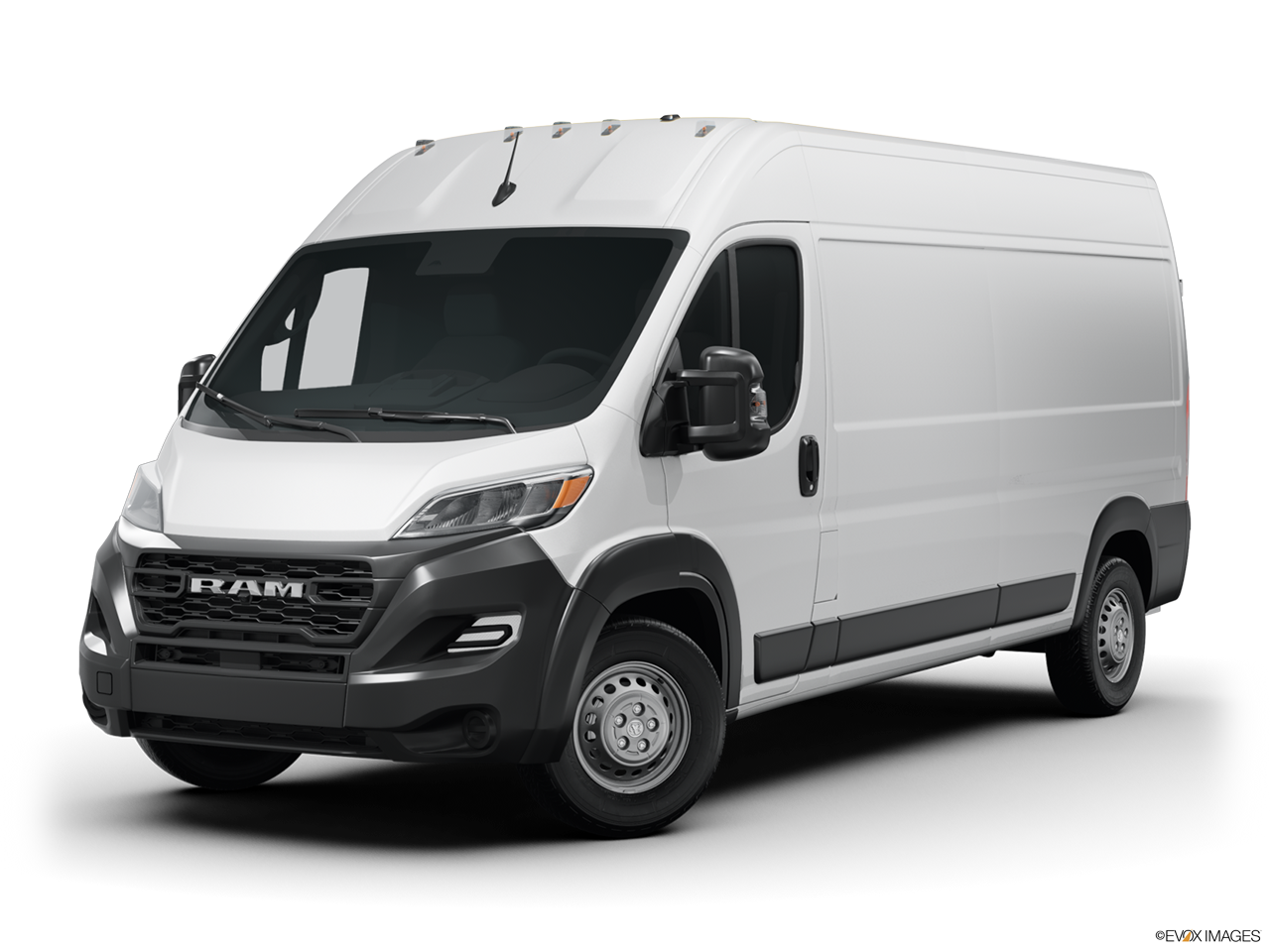What is Towing Capacity?
By Jakob Hansen, 6/3/2020
Towing Capacity is bragged about, fought over, and discussed in detail, but what does it actually mean?
Towing Capacity is bragged about, fought over, and discussed in detail, but what does it actually mean?
A vehicle's towing capacity is a fairly simple concept, but can often be unclear. Finding the exact towing capacity for the vehicle you are looking for is sometimes more challenging than finding the vehicle itself.
To start, let's break down what exactly towing capacity is. Simply put, vehicle towing capacity is the maximum weight your vehicle is capable of towing safely. Max trailer weight is another way of referring to the same concept. Basically answering the question, what is the heaviest trailer my vehicle can pull? Each vehicle is rated into specific towing classes, which we have covered before in our Towing Classes Guide.
Any vehicle with a factory installed hitch is required to have a towing capacity established for that vehicle in that specific trim package. Since different trim levels have different weights (added features can add more weight than you may think), each trim level will have a different tow rating.
Limiting Factors
There are many factors that limit the amount a vehicle can tow. First is the vehicle's engine. The vehicle needs to have enough power to be able to tow without straining itself to dangerous levels. Torque is more important than horsepower in this determination. The old homage is torque is how far you can go through a brick wall while horsepower is how fast you'll hit it. And when towing, you’ll want to be able to go through a brick wall and far beyond.
Next, the rest of the vehicle's drive train needs to be able to handle the added weight of a trailer. The transmission takes a beating when towing. The added friction, and therefore heat, can cause havoc on a transmission that hasn't been properly prepared for towing. Transmission coolers and beefier components are essential when towing heavy loads for long distances.
Brakes and suspension are also key factors when towing. Braking is paramount for safety, please do not tow more weight than your vehicle can stop! Anyone that has experienced brake fade can attest to the terrifying feeling of having a brake pedal go all the way down to the floor with no way of stopping the vehicle. The suspension is an important factor as well, overloading your suspension can cause a vehicle to pitch-pull and rock back and forth to dangerous levels, potentially tipping the vehicle at high speeds.
Towing Classes
There are five towing classes the increase in weight each step. Each class is typically associated with a certain type of vehicle. For example, Class I is typically installed on small cars and crossovers such as a Kia Forte or Chevy Trax, as it's only rated for up to around 2,000 lbs. Roughly the size of a small jetski. Class II is for mid-size sedans and crossovers, such as a Toyota RAV4 or a Honda CR-V, and can handle the slightly higher weight, up to about 3,500 lbs. Next step up, Class III is typically seen on vehicles like small trucks and SUV’s. Examples include vehicles such as Chevy Colorado or Toyota 4Runner. Class III is rated up to 6,000 pounds. Small boats and campers typically fit within this class. Class IV is reserved for full-size pickups and SUV’s, such as Ram 1500 or Chevy Tahoe, and is rated for up to 10,000 pounds. This will tow a larger boat or camper and even some smaller car haulers. Lastly, the Class V hitch is rated for up to 12,000 lbs and is found on the heavy-duty pick-ups such as Ford F-250 or Ram 2500.
How is Towing Capacity Calculated?
Manufacturers take all factors into account when determining towing capacity. Power to weight ratio is important, as is the heat dispersion capabilities of the vehicle. The manufacturer ensures that rating is below the thresholds that the vehicle is capable of withstanding, ensuring the vehicles operational safety, as well as your health and safety!
Tow rating can be figured out on your own as well. Gross vehicle weight rating (GVWR) is the maximum loaded weight a vehicle is capable of withstanding. This weight includes the wet weight (curb weight including fluids) of the vehicle with all cargo, occupants, luggage, cargo, etc. The GVWR is determined by the manufacturer. Once GVWR is determined, you then need to determine the tongue weight (TW), the downforce exerted onto the trailer hitch by a loaded trailer. The tongue weight adds to the GVWR of the towing vehicle, limiting the amount you can add. Tongue weight is typically 10-15% of the gross trailer weight (GTW), the weight of a loaded trailer. Determining your max tow rating will depend on the tongue weight and GVWR of your specific vehicle.
|
|
Jakob is our writer with a love for all things automotive. He comes from a dealer background with experience on both sides of the fence. Knowing the system inside and out, he knows the best cars and the best deals. No matter what. |

